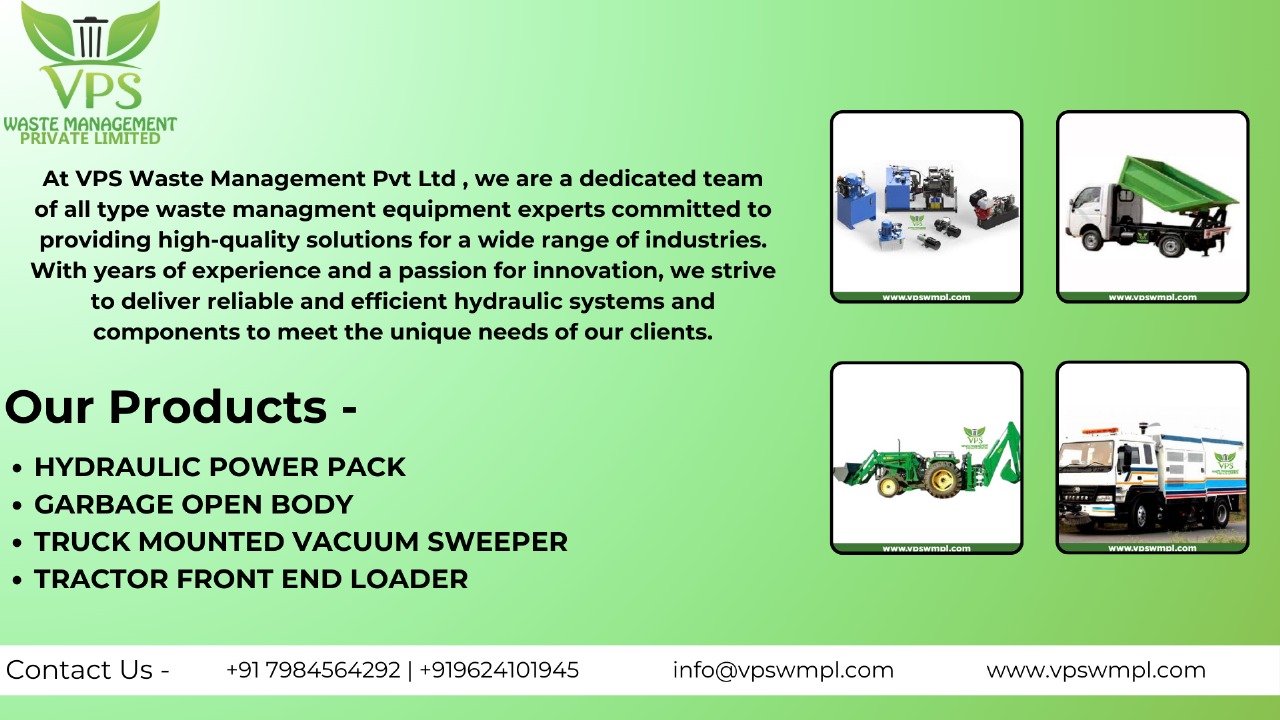Hydraulic Pump Motor
A HydraulicPump Motor refers to an electric or engine-driven motor that powers a
hydraulic pump, enabling the conversion of mechanical energy into hydraulic
energy for operating various types of machinery and equipment. These motors are
essential components in hydraulic systems, responsible for driving the pump
which pressurizes hydraulic fluid to perform mechanical work, such as lifting,
rotating, pressing, or actuating.
Top 10 FAQs of Hydraulic Pump Motors
- What is a hydraulic pump
motor?
It is the motor (electric, diesel, or hydraulic) that powers a hydraulic pump, enabling it to pressurize fluid in a hydraulic system. - What types of motors are
used in hydraulic systems?
Commonly used types include AC electric motors, DC motors, diesel engines, and hydraulic drive motors. - How do I select the right
motor for a hydraulic pump?
Selection depends on flow rate, pressure requirements, load type, power source availability, and duty cycle. - What is the difference
between a hydraulic pump and a motor?
A hydraulic pump converts mechanical energy into hydraulic energy, while a hydraulic motor does the reversehydraulic energy into mechanical motion. - Can hydraulic motors drive
other hydraulic pumps?
Yes, in certain systems, hydraulic motors can drive pumps to create secondary circuits or boost power. - What are common power
ratings for hydraulic pump motors?
Power ratings vary, commonly ranging from 0.5 HP to over 100 HP, depending on the application. - Are variable-speed motors
used in hydraulic systems?
Yes, VFDs (Variable Frequency Drives) allow speed control of electric motors for efficient pump operation. - Can a single motor drive
multiple pumps?
Yes, with the right coupling and load balancing, a single motor can drive multiple pumps. - How do I protect hydraulic
motors from overload?
Use overload relays, temperature sensors, and pressure relief valves in the system design. - What maintenance is required
for hydraulic pump motors?
Routine checks for bearings, lubrication, alignment, electrical connections, and cooling systems are essential.
Applications of Hydraulic Pump Motors
- Construction Equipment Excavators, bulldozers,
and loaders.
- Industrial Presses Hydraulic-powered
stamping and forming machines.
- Material Handling Forklifts, conveyor
drives, and lifting tables.
- Agricultural Machinery Tractors, harvesters, and
sprayers.
- Marine Equipment Hydraulic winches,
cranes, and steering systems.
- Mining Equipment Drilling rigs and underground loaders.
- Aerospace Systems Landing gear, flaps, and
flight control actuation.
- Oil and Gas Rigs Hydraulic power units for
valve and drilling control.
- Manufacturing Automation Robotic arms and
hydraulic cylinders.
- Defense & Military
Vehicles
Armored systems and mobile bridges.
Benefits of Hydraulic Pump Motors
- High Torque Output Ideal for powering heavy-duty hydraulic systems.
- Efficient Power Conversion Converts electric or
engine power into effective hydraulic energy.
- Customizable for Application AC, DC, or diesel options
depending on mobility and power source.
- Reliable Operation Designed for continuous
duty in demanding environments.
- Precise Control With VFDs or servo
systems, motor speed and performance can be finely tuned.
- Compact and Scalable Can be designed to fit
mobile or fixed installations.
- Low Maintenance Especially in sealed or
brushless electric motor designs.
- Versatile Mounting Options Can be horizontally or
vertically mounted based on space availability.
- Supports Variable Load
Conditions
Efficient performance under fluctuating operational loads.
- Energy Efficient Systems Advanced motors reduce
energy consumption and operational costs.
Contact
us more details:
Call: +91 7984564292 +919624101945
Email: vpswmpl@gmail.com info@vpswmpl.com
Address: Ahmedabad Office : Shed No. B-21, Shree Mahalaxmi Estate, Wandervat
Talav, Near Shankeshwar Estate, GIDC Vatva, Ahmedabad - 382440, Gujarat, INDIA.

